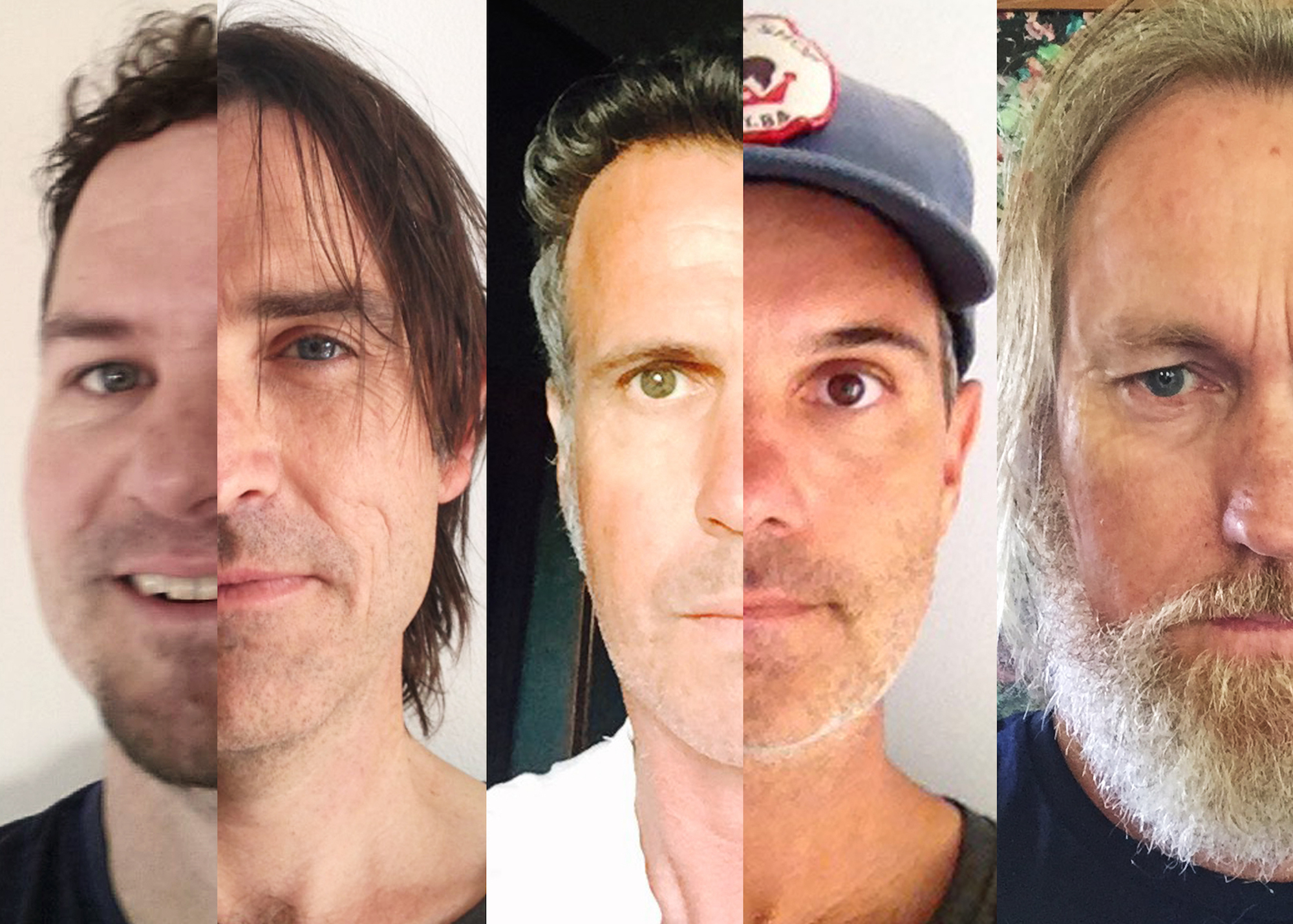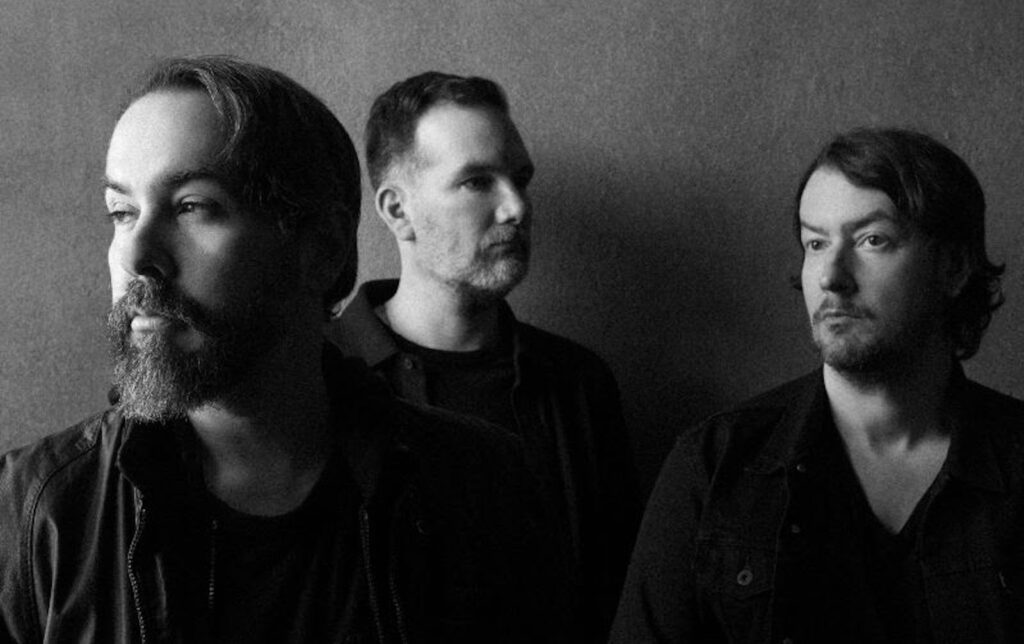Williams first got into music around the time he started primary school when he’d find his father’s guitar lying around. Later on he was given a nylon-string guitar on which he learnt the rudiments of guitar playing. Though, his formal lessons concluded when his teacher suggested he learn a Guns N’ Roses guitar solo. “I walked straight out after that,” Williams laughs.
As a teenager Williams found other interests and his guitar playing went on standby until he was roped into joining local hardcore band Gutter Gods. “Before that I’d pretty well lost interest in playing guitar,” he says. “But then one of my mates who formed Gutter Gods asked me if I wanted to play. I hadn’t really thought about, but I was listening to a lot of hardcore records, so I thought I’d give it a crack, and it kind of went from there.”
While Gutter Gods took on a hardcore focus, when Williams got together with bass player Isaac (from Soma Coma and Leather Lickers) and drummer Penke (from Krömosomand Evil Ways), the focus was toward the power riffs of Lobby Loyde and his ’70s pub rock contemporaries.
“I guess Australian rock was one of the major starting points,” Williams says. “The main thing that was on our mind was Coloured Balls and stuff like that, to a certain extent AC/DC and that sort of thing – what we were calling hard Australian rock.”
In time-honoured fashion, Power came together in a casual jam after a succession of late-night discussions. “Power just started from us all talking nonsense and meeting through gigs, drinking at pubs and talking about influences we liked, all that sort of stuff,” Williams says. “Eventually we thought we’d have a jam one drunken night, and the next day I’d kind of forgot, and then Penke was knocking on my door.”
Power played their first gig at a housewarming party in Preston in 2013; the band’s first venue gig was in Brisbane not long after. But it wasn’t until they supported Total Control at inner-city venue Hugs & Kisses that Williams says the band’s internal dynamic locked in. “The band gelled pretty quickly, but at the start it was a lot more loose and jammy,” Williams says. “At that gig at Hugs & Kisses, that’s when it really came into formation for us and we really felt the spark and connection that was making it rocking.”
The band’s initial songs evolved from Williams’ roughly hewn Oz rock riffs. “I’d just have an idea for part of something, but I wasn’t too confident at the start with what I was going for, so it was really jamming, improvised-based. I guess for the first jam I just came up with a couple of riffs, and I was freaking out because the other guys were about to rock up to my house, so I just had to come up with something and whatever popped out, popped out. The first couple were Electric Glitter Boogie and Serpent City, and then Rainbow Man, and they just fell together on their own. We didn’t have to do too much to put them together.”
Having refined those nascent riffs into notionally structured songs, in 2015 Power went into the studio with producer Jack Farley to record what would become the band’s debut album, Electric Glitter Boogie.
“We did the whole album in six hours. We recorded it all live, and I’ve overdubbed my vocals, but I did them all pretty much in one take. We just wanted to go in quickly and make a mission statement. Jack recorded it in a warehouse space, which was a really comfortable environment. We just wanted to do something that was as raw and honest as we possibly could.”
Williams says listening back to the resulting product was pleasantly surprising. “I didn’t know how my vocals or guitar would sound, and while I wasn’t completely chuffed with myself, I was pretty happy. It was the first time I’d sung for a band – I’d always been pretty shy with singing or playing lead, so I was pretty happy with how it came across, and so were the other guys.”
With the first vinyl pressing (which included a snakeskin embossed album cover) of Electric Glitter Boogie now sold out, Power are about to press another 500 copies. “I think vinyl follows a more honest tradition for music that we’ve all grown up with and loved. I think we’ve all had that thing where the defining moment in our musical experience has been when we were kids and we were looking at this physical medium of the album and touching it and feeling it and being able to connect with it, seeing the artwork big. The sound and the feel of the vinyl, the crackle – I guess that never left us.”
BY PATRICK EMERY







